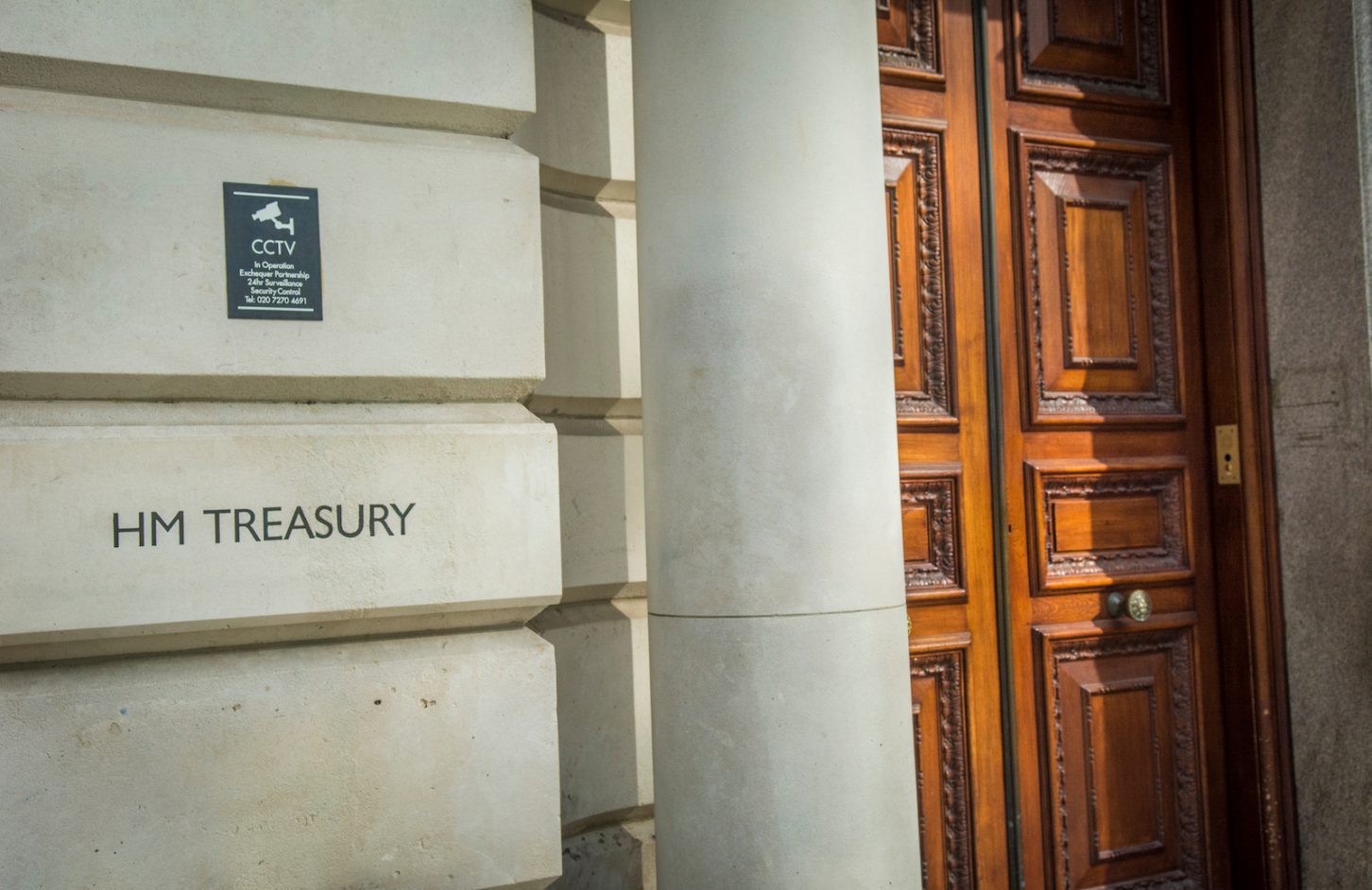Anti-money laundering (AML) regulation could face reforms to combat financial crime in a move that could impact fintech companies operating in the UK.
The Treasury has launched a consultation following a review of the state of AML law in 2022, which concluded that while improvements had been made to the regime there are still weaknesses.
“We continue to make good progress, but economic crime cannot be fought by government alone,” said John Glen, the economic secretary to the Treasury.
“We rely on businesses, up and down the country, to be meticulous in their understanding of risk and the application of the regulations.
“I am grateful for all that the private sector does to prevent and detect economic crime, but it is apparent that there is more work to be done.”
The three-month consultation, which is set to close on 30 September, will consider what structural reforms may need to be made to address previously identified issues in the current framework.
Among the proposals made in last year’s report was an expansion of the supervision conducted by the Financial Conduct Authority (FCA), the regulatory body in charge of monitoring financial institutions for money laundering activity.
Money laundering systems have become more significant than ever to UK regulators amid the rise of the country’s fintech sector, which has both created opportunities for the economy and provided new potential avenues for financial crime.
AML checks are required by the FCA for the approval of new financial organisations to operate in the UK. Failure to meet AML standards can prohibit a firm from being authorised by the financial watchdog.

